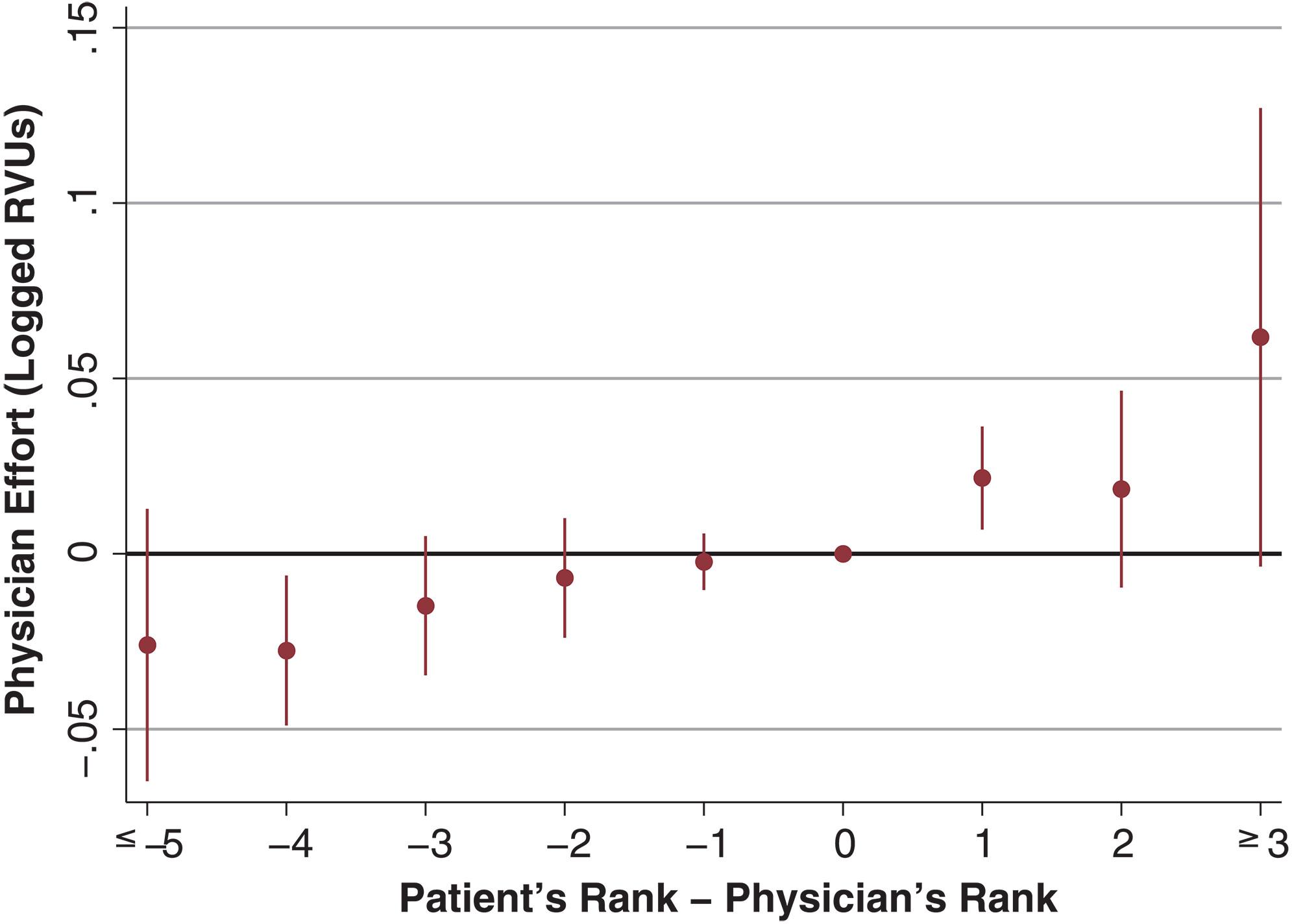权力如何影响行为:来自医生的证据
IF 45.8
1区 综合性期刊
Q1 MULTIDISCIPLINARY SCIENCES
引用次数: 0
摘要
权力--对有价值资源的不对称控制--影响着大多数人际交往。尽管使用真实世界的数据来研究权力具有挑战性,但一个独特的数据集让我们能够在医患关系的关键背景下进行研究。我们利用美国军方急诊部门的 150 万个准随机任务,研究了医生和患者之间的权力差异(通过军衔差异来衡量)如何影响医生的行为。我们的研究结果表明,权力会带来非同一般的优势:与同等级别的 "低权力 "患者相比,"高权力 "患者(他们的级别高于医生)获得的资源更多,治疗效果更好。患者的晋升甚至会增加医生的工作量。此外,如果医生同时照顾一名 "高权重 "患者,"低权重 "患者也会受到影响。医生与患者在种族和性别方面的一致性也很重要。总之,权力驱动的行为变化会对医疗机构中最弱势的人群造成伤害。本文章由计算机程序翻译,如有差异,请以英文原文为准。

How power shapes behavior: Evidence from physicians
Power—the asymmetric control of valued resources—affects most human interactions. Although power is challenging to study with real-world data, a distinctive dataset allowed us to do so within the critical context of doctor-patient relationships. Using 1.5 million quasi-random assignments in US military emergency departments, we examined how power differentials between doctor and patient (measured by using differences in military ranks) affect physician behavior. Our findings indicate that power confers nontrivial advantages: “High-power” patients (who outrank their physician) receive more resources and have better outcomes than equivalently ranked “low-power” patients. Patient promotions even increase physician effort. Furthermore, low-power patients suffer if their physician concurrently cares for a high-power patient. Doctor-patient concordance on race and sex also matters. Overall, power-driven variation in behavior can harm the most vulnerable populations in health care settings.
求助全文
通过发布文献求助,成功后即可免费获取论文全文。
去求助
来源期刊

Science
综合性期刊-综合性期刊
CiteScore
61.10
自引率
0.90%
发文量
0
审稿时长
2.1 months
期刊介绍:
Science is a leading outlet for scientific news, commentary, and cutting-edge research. Through its print and online incarnations, Science reaches an estimated worldwide readership of more than one million. Science’s authorship is global too, and its articles consistently rank among the world's most cited research.
Science serves as a forum for discussion of important issues related to the advancement of science by publishing material on which a consensus has been reached as well as including the presentation of minority or conflicting points of view. Accordingly, all articles published in Science—including editorials, news and comment, and book reviews—are signed and reflect the individual views of the authors and not official points of view adopted by AAAS or the institutions with which the authors are affiliated.
Science seeks to publish those papers that are most influential in their fields or across fields and that will significantly advance scientific understanding. Selected papers should present novel and broadly important data, syntheses, or concepts. They should merit recognition by the wider scientific community and general public provided by publication in Science, beyond that provided by specialty journals. Science welcomes submissions from all fields of science and from any source. The editors are committed to the prompt evaluation and publication of submitted papers while upholding high standards that support reproducibility of published research. Science is published weekly; selected papers are published online ahead of print.
 求助内容:
求助内容: 应助结果提醒方式:
应助结果提醒方式:


